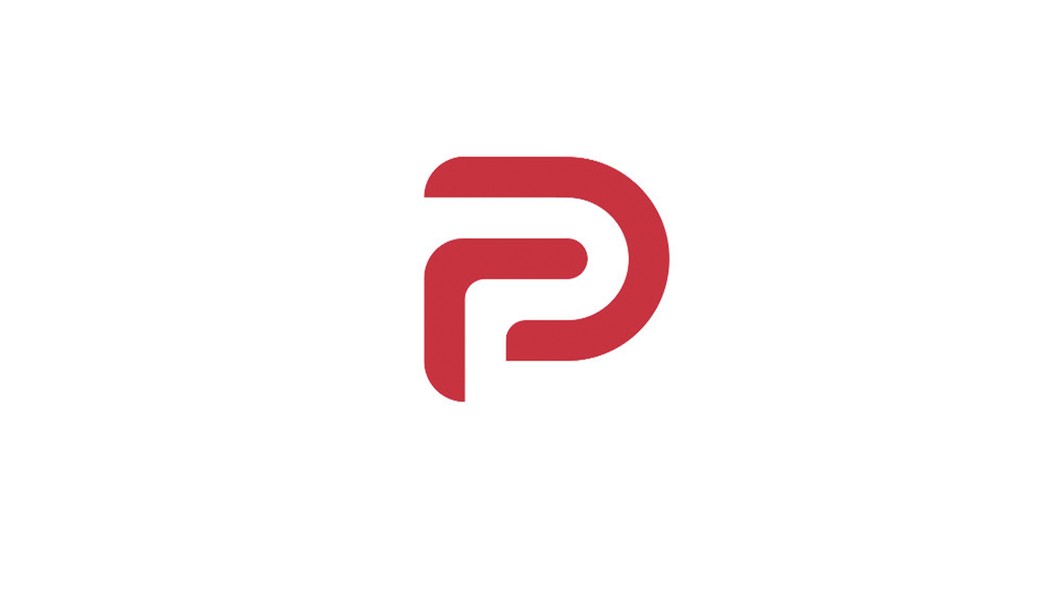As you may have heard, after fighting their way back from being canceled by the tech industry and their liberal masters, social media app Parler has been back up and running for a while now. But that doesn’t mean that everything has been going smoothly. They are dealing with many of the same problems that all such platforms do. They still had to figure out a way to monitor and control the content posted by their users to avoid any legal ramifications and deal with hosting issues as well. But on top of all that, as with any new business, they need to find a way to draw enough users to make the platform viable and attract advertising revenue. They’ve been battling the perception that Parler is just a platform for conservative speech, potentially limiting the scope of their appeal. Now the platform is reportedly attempting to rebrand itself in order to appeal to a wider audience. They’re also going to be relying more heavily on Section 230 protections while offering users more ways to customize what shows up in their feed. (Washington Examiner)
Although the platform is trying to stay true to its free speech roots, it has made significant changes in the past few months to improve its technology, put users in greater control of the content they see, and make the platform more palatable to a larger, more mainstream audience, said Amy Peikoff, head of public policy at Parler, during an interview with the Washington Examiner.
Parler has hired a third-party vendor to remove violence-inducing content using algorithmic flagging and human review and already has a “troll feature” that will filter out objectionable or hate speech if users choose.
Peikoff added that the new third-party vendor that Parler has hired to moderate content better has “a lot of experience with hate speech,” which it will be helping the platform with as well.
Social media executives say it will not be easy for Parler to change the perception among many that it is a right-wing platform that sympathizes with MAGA supporters.
That last line gave me a chuckle when I first read it. It’s tough to see why Parler would want to change the perception that it’s a right-wing platform that sympathizes with MAGA supporters when that’s exactly how it was originally being billed. The driving factor for creating a platform like Parler was to offer a home to people who were being censored by the liberal overlords at Twitter, Google and Apple. If you take that away, you probably turn off a section or your original target audience.
But that doesn’t mean that you only want conservative voices on the platform. Quite the contrary, you want as many people as possible to sign on. That doesn’t mean that they all have to engage with each other, however. Any particular interest group should be able to set up shop, and nobody is forcing them to follow people they don’t want to interact with. That’s something I never understood about Twitter. Why would you shut down an entire segment of your audience when everyone has a block and mute function at their disposal? It doesn’t make any business sense.
The other interesting part of their recent announcement was the part regarding content moderation. They’re bringing in a third-party vendor to root out and purge any “hate speech” that users post. What remains to be seen is who will be defining what constitutes hate speech in Parler’s world and how heavy the ban hammer will be falling. If they decide to be so “mainstream” that they adopt the same definitions and methods as Jack Dorsey, then they will effectively be no different than Twitter. Their original base of users will revolt and nobody will have any incentive to sign up because they could just stay on Twitter and get the same thing from a known brand.
Hopefully, that won’t be the case. I have no problem with publishers remove threats of physical violence or other violations of the law. But if they consider someone posting a message expressing the scientific view that the human race is comprised of two genders to be engaging in “violent rhetoric or hate speech,” then there’s really no reason to bother bailing out on Twitter, is there? If Parler really wants to lean on Section 230, they should treat it just as it’s written. The users are responsible for the content they post, not the publisher. Just leave it at that.








Join the conversation as a VIP Member